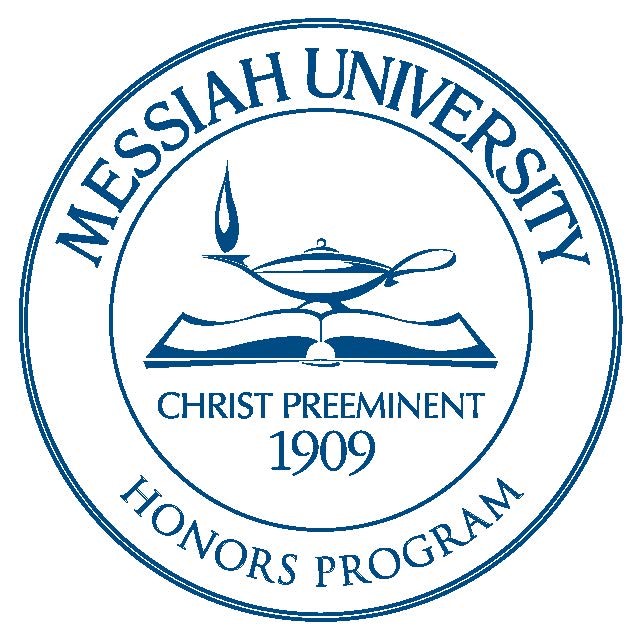Date of Award
5-13-2011
Document Type
Thesis
Department
History, Politics and International Relations
First Advisor
Dr. Paul Rego
Abstract
There is a constitutional debate, nearly as old as the nation itself, over the question of what the President has the authority to do. Is he authorized to act where the law is silent? Can he act in the absence of Congressional statute or express constitutional authorization? Over the past two centuries, justices, Presidents, and constitutional scholars have articulated arguments on both sides of this issue. One important Supreme Court statement on the issue, however, often goes unnoticed. The decision of the Court in In re Neagle deserves more credit and more space on the pages of the history books than it often receives. The case is described in a few textbooks and scholarly essays, but more often than not, it is mentioned in a footnote here or there. Yet, here was a decision where the Court, for the first time, gave an explicit answer to the prerogative question. And the answer Justice Miller gave when he wrote for the Court was succinct and clear. Even where Neagle seems to rehash age-old arguments, there is significance in the redundancy. The fact that this constitutional debate is as old as our nation itself, and that the arguments have been applied to so many situations over the centuries, is a testament to the importance of the issue. The opinions of the Court – both majority and dissenting – are significant in their place in the larger prerogative debate. To see Neagle’s place in the debate, we must understand the theory of executive prerogative, the historical debate surrounding this theory, the circumstances the led to the decision in Neagle, and Neagle’s relationship to other explanations of prerogative. Upon analysis, the decision of the Court in Neagle, as well as the dissenting opinion written by Justice Lucius Lamar, find their place in the prerogative debate to be significant in their succinct, repeated and articulate explanations of both sides of the ongoing and unresolved constitutional debate over executive prerogative. These opinions can help guide today’s student of politics through this complex debate. In a democratic society, where all Americans are encouraged to participate in their government, it is not only the peoples’ right, but 3 also their responsibility to be informed. The debate over presidential claims of inherent power is one about which the public should be aware, and Neagle is a way to introduce not only students of politics, but the American population at large to this aspect of constitutional study.
Recommended Citation
Lodge, Shanna P., "In re Neagle: A Case Study in Executive Prerogative" (2011). Honors Projects and Presentations: Undergraduate. 119.
https://mosaic.messiah.edu/honors/119


